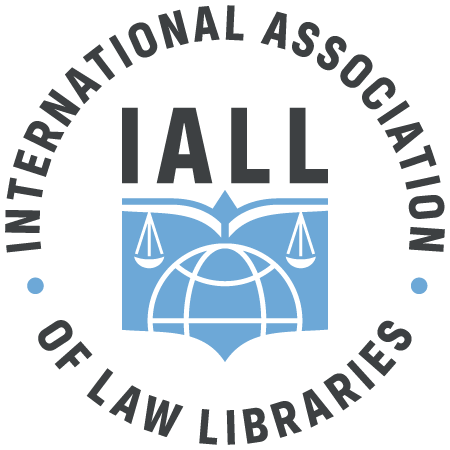I wanted to write about a resource that librarians may not often consider: web logs, known by most people as simply blogs. Blogs, like the one in which this post appears, can contain a wealth of information not found elsewhere. Blogs typically include a great deal of opinion, so one should be cautious about using a blog as a source where reliability is paramount; however, blogs are excellent as current awareness tools. They can also be used to provide research leads or to discuss – virtually – various aspects of the law or of legal research.
Today, one sees conventional print-based forms of legal authority slowly making way for other forms of discourse. More law students and faculty members are finding their voices online and staking out intellectual arguments and territories there.
Through blogging, junior and senior partners in law firms are establishing online reputations for expertise in various areas of the law. Blogs are the focus of much of this discourse. In general, one could argue that law blogs, sometimes called “blawgs” are the best places to find the most rapid and most interesting developments in legal discourse of all kinds.
Many blogs provide commentary or news on a particular subject or area of law; others function as more personal online diaries or sites for focused intellectual exploration or discussion. Although individual posts can vary a great deal, a typical blog posting can include text, images, links to other blogs, web pages, sound files, or video content related to a given topic. The ability for readers to leave comments in an interactive format is a fundamental part of many blogs, and is perhaps the most notable feature of the phenomena that affects legal discourse.
There are millions of blogs. Blog directories can help one find a blog on a particular subject. For example, Technorati (http://technorati.com/) is a blog search engine that currently tracks hundreds of millions of “active” English language blogs. There are many other blog directories, Blogflux (http://www.blogflux.com/) and Bloghub (http://www.bloghub.com/) are just two of these. And yes, there are blog directories that exist in just about every language imaginable.
Around the world, thousands of new blogs are created and appear every day. There are tens of thousands of blogs specifically focused on some aspect of law, including foreign, comparative, and international law.
As information professionals, we are naturally concerned about the quality of any information source, including blog postings. So how does one determine whether a given blog is a reliable source of information? There is usually no foolproof way to determine quickly whether any given online source is reliable. Use your knowledge of the author(s) or the subject and your common sense. There are other considerations to help one determine the general reliability of a blog source:
- Consider the last time the blog was updated and any associated copyright dates or notifications. If the blog hasn’t been updated with in several months, the information it contains may not be credible.
- Look up the editor, author or writer to evaluate his or her credentials. If the author or writer has sound academic, business or other credentials and can otherwise be verified as credible, that can go a long way to establishing credibility of the blog source.
Once you find a blog or blogs that you like, you can have them automatically routed to your browser via a RSS feed. RSS (Really Simple Syndication) assist readers who want timely updates from favorite blogs, websites or who want to aggregate information from many sites into one place. The RSS reader checks the user’s subscribed feeds regularly for changes, new postings or updates, and then downloads them. It also provides a way to monitor and read the feeds. RSS can save your time by helping you avoid inspecting all of the blogs you are interested in, and instead pushes all new content onto your browsers when it becomes available.
So get out there. Explore the world of blawgs. Find some favorites to read and keep up with routinely. But don’t just passively lurk; take advantage of the blog’s interactive format and engage with the discussions you find. Active participation with a reputable blog or two will enrich the blogosphere and can help make you a better, more informed and professionally engaged librarian.
Mark Engsberg
